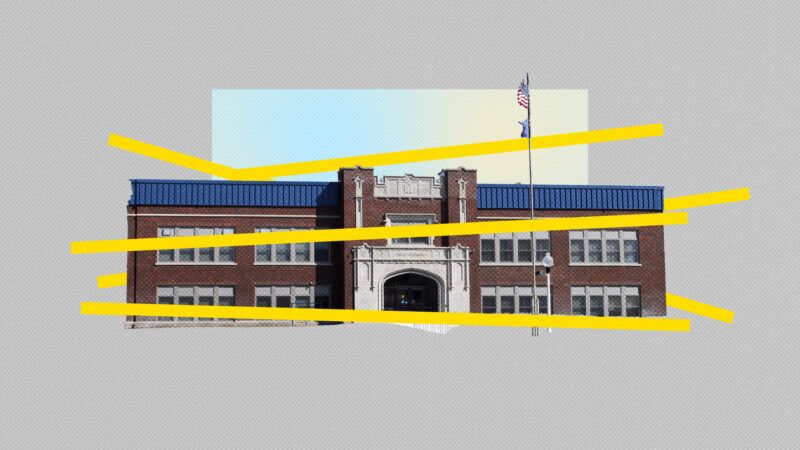Can Charter School Closures Be a Good Thing?
Bad charter schools can close. Bad public schools can stay open forever.

According to new research from the National Center for Charter School Accountability, one in four charter schools end up closing down by their fifth year in operation, and half don't make it to year fifteen. The data sheds light on the relative instability of public charter schools as an educational option—a fact that parents should keep in mind when deciding to send their child to a charter school.
But what if this supposed weakness is actually a good thing?
While having a school unexpectedly close can be destabilizing for families, there is an unexpected upside to charter school closures. Unlike public schools, which stay open indefinitely even when they no longer serve families and students, poorly functioning charter schools will shut down.
Around 12,000 charter schools have opened between 1998 and 2022. With so many schools, it's unsurprising that there's considerable variation in the quality and consistency of these options. This means that when bad ideas come to charter schools, the market is able to do something about it. The same can't be said for public schools.
In the paper, the most commonly cited reason for closure was declining enrollment, motivating almost half of total closures. This indicates that in many doomed schools, families were already deciding that the school in question wasn't a good option for their children.
Some of this decline in enrolment could be because charter schools now have even more school-choice options with which to compete. The paper even begrudgingly points this out points out. "Even as the K12 population decreases, there is increased competition for students from new charter schools and, in many states, from expanded private school and homeschool voucher programs," the paper reads. "Enrollment decreases are the primary driver of charter school closures."
The main benefit of public charter schools is that they offer families an alternate choice for their child's education. But that doesn't guarantee that all charter schools are better than their traditional public school alternatives. Research indicates that charter schools as a whole perform about as well as public schools (though charter schools manage to get these equal results with much less funding). Further, the premium on charter enrollment seems to be the highest in places with low-quality public schools.
We should be glad that poor-performing charter schools close. That means that the choices exercised by families are having their intended effect—and one less insufficient option will stop receiving public support. It's not a knock to the school choice position to note that not every charter school performs better than every traditional public school. The difference is that many charter schools are a wildly successful alternative to local public schools. Giving families a choice at all—and letting bad schools shut down—is the most important part.


Show Comments (5)